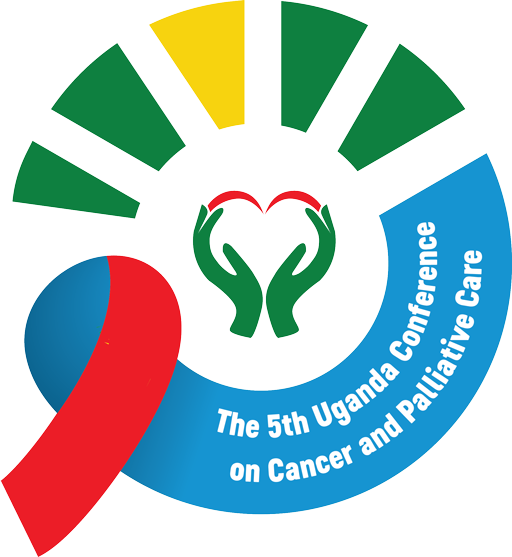The 4th Uganda Conference on Cancer and Palliative Care in 2023
The 4th Uganda Conference on Cancer and Palliative Care was held from 14th to 15th September 2023 at the Speke Resort, Munyonyo, in Kampala. Organized by the Uganda Cancer Institute (UCI) and the Palliative Care Association of Uganda (PCAU) in collaboration with the Ministry of Health, the event brought together 450 participants for an in-person meeting after the previous virtual edition in 2021 due to COVID-19. The gathering marked 30 years since the start of specialist palliative care in Uganda, providing an opportunity to share experiences, celebrate achievements, and strategize future directions.
The conference was graced by the Assistant Bishop of Kampala Diocese who offered a prayer and thanksgiving but also shared his personal cancer journey, emphasizing the importance of communication and encouragement. Dr. Jackson Orem and Mark- Donald Mwesiga the Executive Directors of UCI and PCAU respectively highlighted the country’s achievements but reminded participants of the ongoing need for quality cancer and palliative care as demand rises. Dr. Tedros Adhanom Ghebresus, the World Health Organization Director-General, addressed the conference via a pre-recorded speech, emphasizing the global importance of cancer and palliative care and committing the WHO’s support to scale up these services in Uganda.
The keynote address by Dr. Meg O’Brian from the American Cancer Society focused on prerequisites for successfully scaling up cancer and palliative care, drawing insights from Uganda and global HIV/AIDS experiences. Dr. O’Brian highlighted the need for strong foundations to ensure both scaling and quality for cancer and palliative care.
The conference featured a diverse group of participants, including clinicians, researchers, academics, policymakers, social workers, lawyers, advocates, and donors from Uganda and several other countries. Notably, all sessions were interpreted into sign language, ensuring inclusivity. Six main tracks guided the program, covering innovations and new technologies, policy and law, health promotion and early detection, family and community engagement, clinical care, and psychosocial support. Cross-cutting themes included paediatric care, service development, research, and a focus on vulnerable populations.
Workshops explored topics such as corporate governance, medicine access, national data reporting, education, aging, and combating ageism. The scientific program comprised 19 plenary presentations, 67 oral sessions, five workshops, and 47 poster presentations. Participation from multiple countries and backgrounds fostered collaboration and highlighted both challenges and successes on the continent.
Throughout the conference, there was a prevailing spirit of optimism and resilience. The Minister for Health reaffirmed Uganda’s commitment to expanding comprehensive and equitable cancer and palliative care as part of its Universal Health Coverage agenda. The event closed with a call to action for continued collaboration, innovation, and research so that the advances of the past decades can translate into widespread, high-quality care for all Ugandans in need.
To read more about the proceedings for the 4th Uganda Conference on Cancer and Palliative Care, read the publications in eCancer and eHospice
